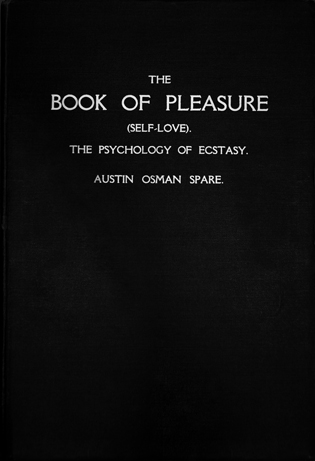Three Books of Occult Philosophy,
or of Magick;
Written by that Famous Man
Henry Cornelius Agrippa, Knight,
Now you can learn from the original, most important source for magic in the Western world that has ever been published, when you get Agrippa'sThree Books of Occult Philosophy.
This massive volume was originally published in 1531, and occultists have been drawing on it ever since. Now, Llewellyn is proud to produce the first complete reprint of the original English translation in the last 500 years. Donald Tyson edited this work and removed the hundreds of errors that appeared in the original translation. He also fully annotated the work, to make it understandable—and usable—by people today.
·Discover what the Renaissance scholar knew about astrology, medicine, history, herbs, geography, animals, angels, devils, Witches, charms, the weather, and a host of other subjects
·Gain immediate reference to a vast amount of arcane, but completely annotated, magical material
·Find corrected drawings of seals, sigils, and magic squares, and correctly represented geomantic figures
·Explore the practical Kabbalah, geomancy, the magic squares, the elements, the humors, and the Soul of the World
·Consult the new Biographical dictionary for background on each of the hundreds of writers and historical figures referred to by Agrippa
·Consult the new Geographical Dictionary for data on referenced rivers, mountains, nations, cities—many of which now carry different names.
The Three Books of Occult Philosophy is the most complete repository of pagan and Neoplatonic magic ever compiled. This book is packed with material you will not find elsewhere, including copious extracts on magic from obscure or lost works by Pythagoras, Ptolemy, Plato, Aristotle, and many others. Tyson's detailed annotations clarify difficult references and provide origins of quotations, even expanding upon them in many cases, in order to make Agrippa's work more accessible to the modern reader.
The Three Books of Occult Philosophy is the ultimate "how-to" for magical workings. It describes how to work all manner of divinations and natural and ceremonial magic in such clear and useful detail that it is still the guide for modern techniques. The extensive new supplementary material makes this wisdom practical for use today.
The Three Books of Occult Philosophy is an essential reference tool for all students of the occult
BONUS
The Fourth Book of Occult Philosophy, by Henry Cornelius Agrippa and unnamed others, is considered one of the cornerstones of Western magic, and the grimoires it contains are among the most important that exist in the Western tradition. For more than three hundred years, this mysterious tome has been regarded as difficult or even impossible to understand—until now.
Occult scholar Donald Tyson presents a fully annotated, corrected, and modernized edition of Stephen Skinner’s 1978 facsimile edition of the original work, which was six tracts published as one volume in 1655. For the first time, these classic works of Western magic have been rendered fully accessible to the novice practitioner, as well as occult scholars and skilled magicians. Tyson presents clear instruction and practical insight on a variety of magic techniques, providing contemporary magicians with a working grimoire of the arcane.
- Astrology
- History
- Geomancy
- Ceremonial Magic
- The Nature of Spirits, Angels, and Demons
- Geomantic Astronomy
- Necromancy
- Invocation and Evocation of Spirits
Read Book 1
Read Book 2
Read Book 3
Read Book 4
_(1651).djvu/page5-200px-Three_Books_of_Occult_Philosophy_(De_Occulta_Philosophia)_(1651).djvu.jpg)



